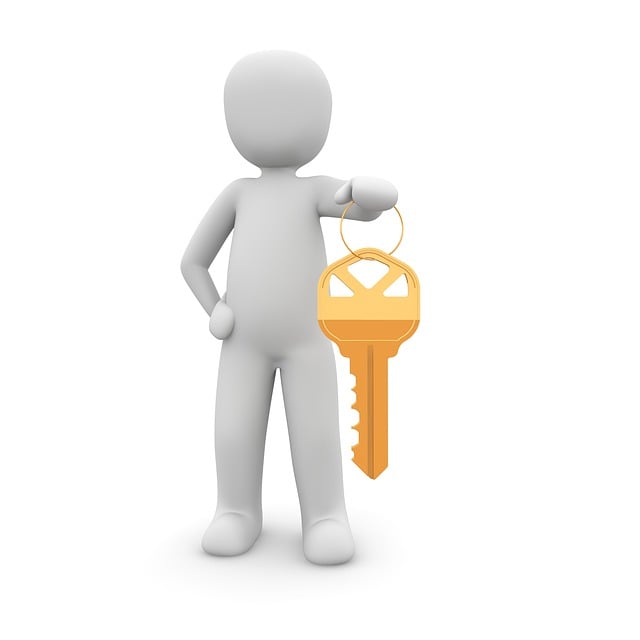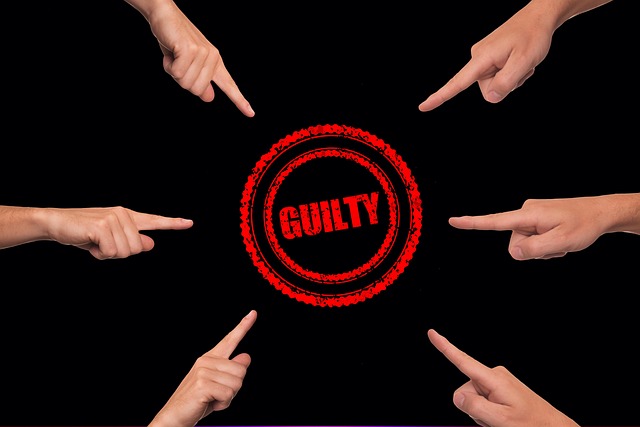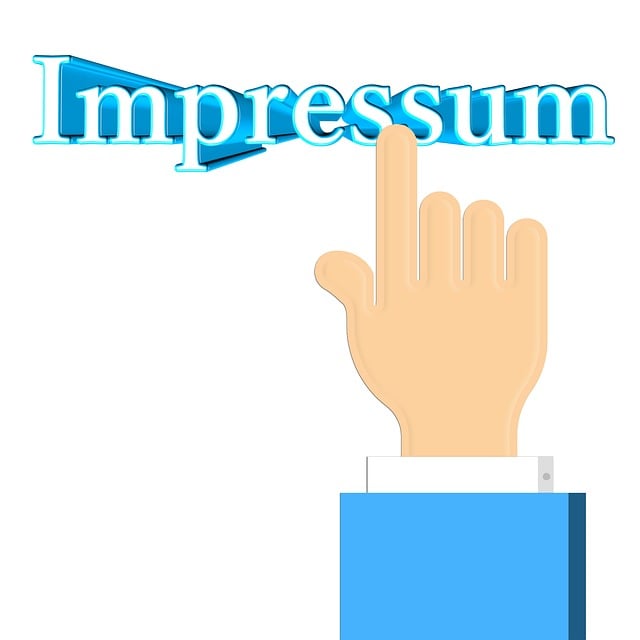Gambling self-assessment is a tool for Responsible Gambling that helps individuals understand their gambling patterns, risks, and emotional connections to games of chance. It promotes awareness, encourages healthy practices, and enables informed decision-making. By treating gambling as entertainment and using tools like deposit limits and self-exclusion, players can protect their financial well-being. Gaming enterprises adopt Responsible Gambling strategies, including age verification, deposit limits, and gamification, to create a safe and fun environment for all players.
Gambling can be a fun and exciting pastime, but it’s crucial to understand its potential impact on your life. This comprehensive guide delves into the world of gambling self-assessment, empowering individuals to navigate their relationship with gaming responsibly. We explore the concept of responsible gambling as a vital tool for personal financial management. Learn how identifying risks and setting limits can transform your approach to gambling, ensuring it remains a controlled and enjoyable activity.
- Understanding Gambling Self-Assessment: A Comprehensive Guide
- The Role of Responsible Gambling in Personal Financial Management
- Identifying Risks and Setting Limits: Tools for Effective Self-Assessment
Understanding Gambling Self-Assessment: A Comprehensive Guide

Gambling self-assessment is a crucial tool for promoting responsible gambling, enabling individuals to objectively evaluate their relationship with gaming activities. It’s a comprehensive guide that helps players understand their patterns, risks, and potential issues associated with gambling. By taking this assessment, folks can gain valuable insights into their spending habits, time engagement, and emotional connections to games of chance.
This process involves a series of questions designed to prompt self-reflection on various aspects of gambling behavior. It’s not about identifying problems but rather fostering awareness and encouraging healthy practices. Through this, individuals can make informed decisions, set personal limits, and maintain a balanced approach to leisure activities, ensuring long-term enjoyment and financial stability in the realm of responsible gambling.
The Role of Responsible Gambling in Personal Financial Management

Responsible gambling is a crucial aspect of personal financial management, helping individuals maintain a healthy relationship with gaming activities. It involves setting clear boundaries, understanding one’s limits, and making informed choices about spending and time allocation. By adopting responsible gambling practices, individuals can ensure that their gaming habits do not lead to financial strain or other negative consequences.
This concept encourages players to treat gambling as a form of entertainment rather than a quick fix for financial issues. It promotes the idea of playing within means, avoiding debt accumulation, and setting realistic expectations. Responsible gambling initiatives often include tools like deposit limits, loss limits, and self-exclusion options, enabling individuals to take proactive measures to protect their financial well-being.
Identifying Risks and Setting Limits: Tools for Effective Self-Assessment

Gambling self-assessment is a powerful tool for individuals to gain control over their financial well-being and adopt responsible gambling habits. By understanding personal gambling behaviors, identifying risks, and setting meaningful limits, folks can navigate the world of gaming with greater awareness. This comprehensive guide has outlined essential steps towards effective self-regulation, emphasizing the vital role of responsible gambling in managing personal finances. Remember that taking charge of your gambling habits is a proactive step towards financial stability and a healthier relationship with entertainment.






